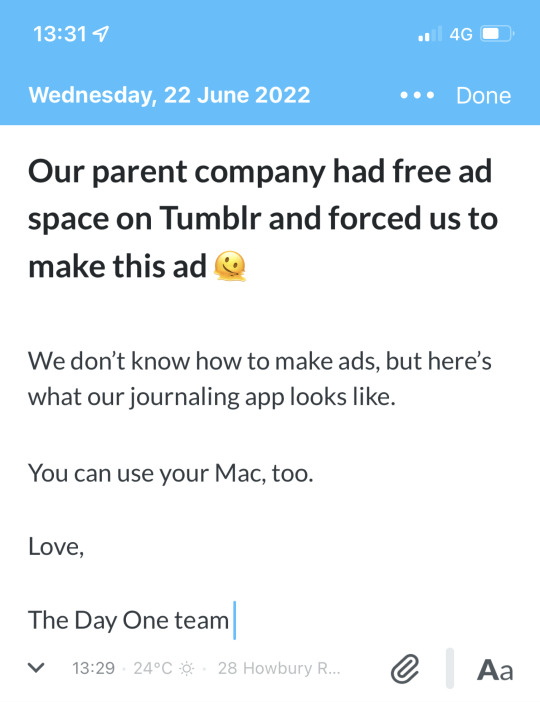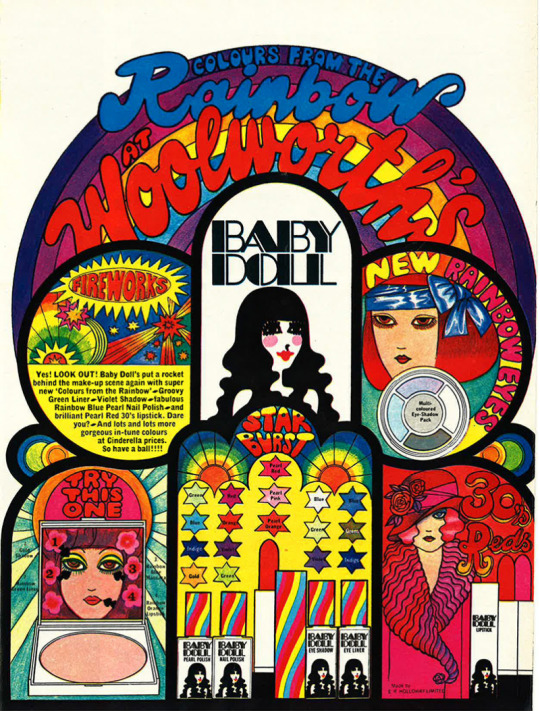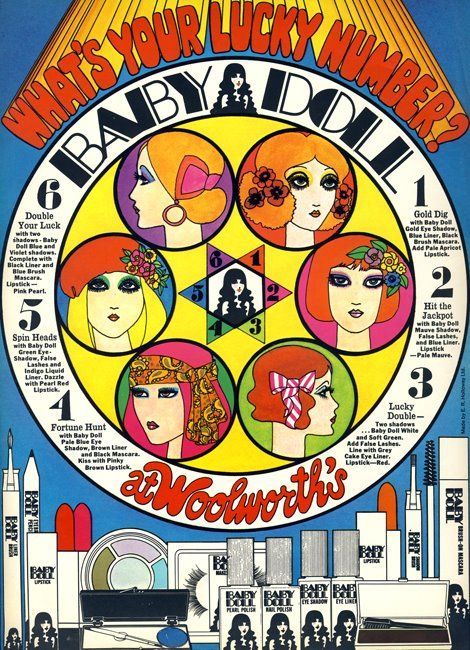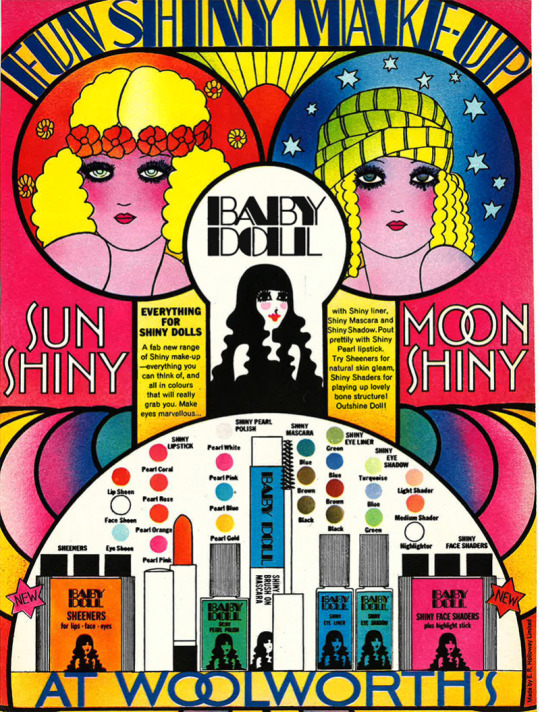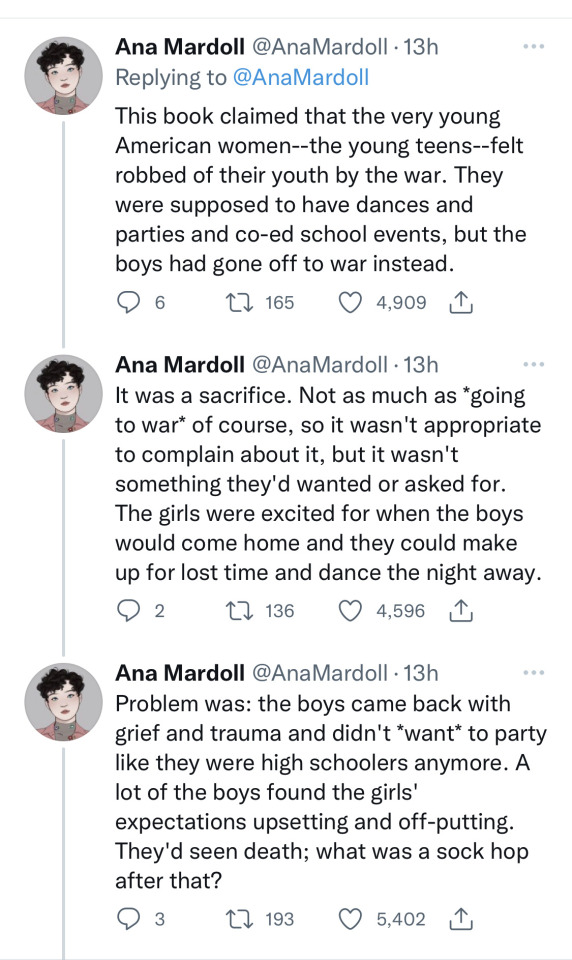Text
as annoying as the 'we gotta get this CHEETO out of the friggin WHITE HOUSE' era was somebody recently reminded me of this
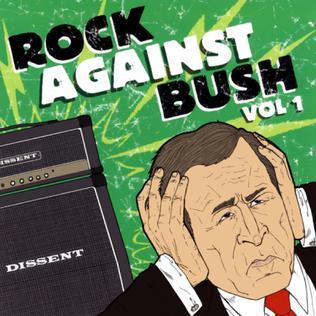
look at his face! he hates it when bands Rock Against him! we rocked so hard he had to step down after a mere 8 years! we rocked so hard that we shut down his torture prisons! the day bush was rocked out of office was surely the most important in american history
10K notes
·
View notes
Text
“When the language of advertising and personal branding enjoins you to “be yourself,” what it really means is “be more yourself,” where “yourself” is a consistent and recognizable pattern of habits, desires, and drives that can be more easily advertised to and appropriated, like units of capital.”
— Jenny Odell, How to Do Nothing: Resisting the Attention Economy
3K notes
·
View notes
Text
Apple trying to go back to their early 2000s aesthetic with their AirPod ads while not understanding that it was the wires flying everywhere that made those images so cool
47K notes
·
View notes
Photo

Map comparing four generations of kids how far they were allowed to roam.
14K notes
·
View notes
Text

if you could all see the expression of absolute disdain I made upon logging into Spotify and seeing this
4K notes
·
View notes
Video
Join the revolution here and shave off ads from your dashboard.
19K notes
·
View notes
Video
The #1 way to browse — and there ain’t no two ways about that!
13K notes
·
View notes
Text
plot twist dan howells new tour is just going with mcr to every show to walk out with the gay flag and then brendon urie- *gunshut* *my body hits the floor*
1K notes
·
View notes
Link
Sales of non-fungible tokens (NFTs) have fallen 92 per cent since September, according to new data.
Analysis by the website NonFungible, first cited by the Wall Street Journal, found that NFT sales fell to a daily average of 19,000 this week, compared to 225,000 seven months ago.
Active wallets, which are used to store NFTs, also dropped by 88 per cent. The article concluded: “The NFT market is collapsing.”
Data from Google Trends also shows that online search interest in the technology – which allows assets like digital artwork to be traded and stored through online ledgers – has plummeted by 89 per cent since peaking in January 2022.

19K notes
·
View notes
Text
« Foreigners follow American news stories like their own, listen to American pop music, and watch copious amounts of American television and film. […] Americans, too, stick to the U.S. The list of the 500 highest-grossing films of all time in the U.S., for example, doesn’t contain a single foreign film (Crouching Tiger, Hidden Dragon comes in at 505th, slightly higher than Bee Movie but about a hundred below Paul Blart: Mall Cop). […]
How did this happen? How did cultural globalization in the twentieth century travel along such a one-way path? And why is the U.S.—that globe-bestriding colossus with more than 700 overseas bases—so strangely isolated?
[…W]hen 600 or so journalists, media magnates, and diplomats arrived in Geneva in 1948 to draft the press freedom clauses for […] the U.N. Declaration of Human Rights […], definitional difficulties abounded. Between what the U.S. meant by “freedom of information” and what the rest of the world needed lay a vast expanse. For the American delegates, the question belonged to the higher plane of moral principle. But representatives of other states had more earthly concerns.
The war had tilted the planet’s communications infrastructure to America’s advantage. In the late 1940s, for example, the U.S. consumed 63% of the world’s newsprint supply; to put it more starkly, the country consumed as much newsprint in a single day as India did over the course of a year. A materials shortage would hamper newspaper production across much of the world into at least the 1950s. The war had also laid low foreign news agencies—Germany’s Wolff and France’s Havas had disappeared entirely—and not a single news agency called the global south home. At the same time, America’s Associated Press and United Press International both had plans for global expansion, leading The Economist to note wryly that the executive director of the AP emitted “a peculiar moral glow in finding that his idea of freedom coincides with his commercial advantage.”
Back in Geneva, delegates from the global south pointed out these immense inequalities. […] But the American delegates refused the idea that global inequality itself was a barrier to the flow of information across borders. Besides, they argued, redistributive measures violated the sanctity of the press. The U.S. was able to strong-arm its notion of press freedom—a hybrid combining the American Constitution’s First Amendment and a consumer right to receive information across borders—at the conference, but the U.N.’s efforts to define and ensure the freedom of information ended in a stalemate.
The failure to redistribute resources, the lack of multilateral investment in producing more balanced international flows of information, and the might of the American culture industry at the end of the war—all of this amounted to a guarantee of the American right to spread information and culture across the globe.
The postwar expansion of American news agencies, Hollywood studios, and rock and roll bore this out. […] Meanwhile, the State Department and the American film industry worked together to dismantle other countries’ quota walls for foreign films, a move that consolidated Hollywood’s already dominant position.
[…A]s the U.S. exported its culture in astonishing amounts, it imported very little. In other words, just as the U.S. took command as the planetary superpower, it remained surprisingly cut off from the rest of the world. A parochial empire, but with a global reach. [And] American culture[’s] inward-looking tendencies [precede] the 1940s.
The media ecosystem in particular, Lebovic writes, [already] constituted an “Americanist echo chamber.” Few of the films shown in American cinemas were foreign (largely a result of the Motion Picture Production Code, which the industry began imposing on itself in 1934; code authorities prudishly disapproved of the sexual mores of European films). Few television programs came from abroad […]. Few newspapers subscribed to foreign news agencies. Even fewer had foreign correspondents. And very few pages in those papers were devoted to foreign affairs. An echo chamber indeed, [… which] reduced the flow of information and culture from much of the rest of the world to a trickle. […]
Today is not the 1950s. [… But] America’s culture industry has not stopped its mercantilist pursuits. And Web 2.0 has corralled a lot of the world’s online activities onto the platforms of a handful of American companies. America’s geopolitical preeminence may slip away in the not-so-distant future, but it’s not clear if Americans will change the channel. »
— “How American Culture Ate the World”, a review of Sam Lebovic’s book A Righteous Smokescreen: Postwar America and the Politics of Cultural Globalization
10K notes
·
View notes

